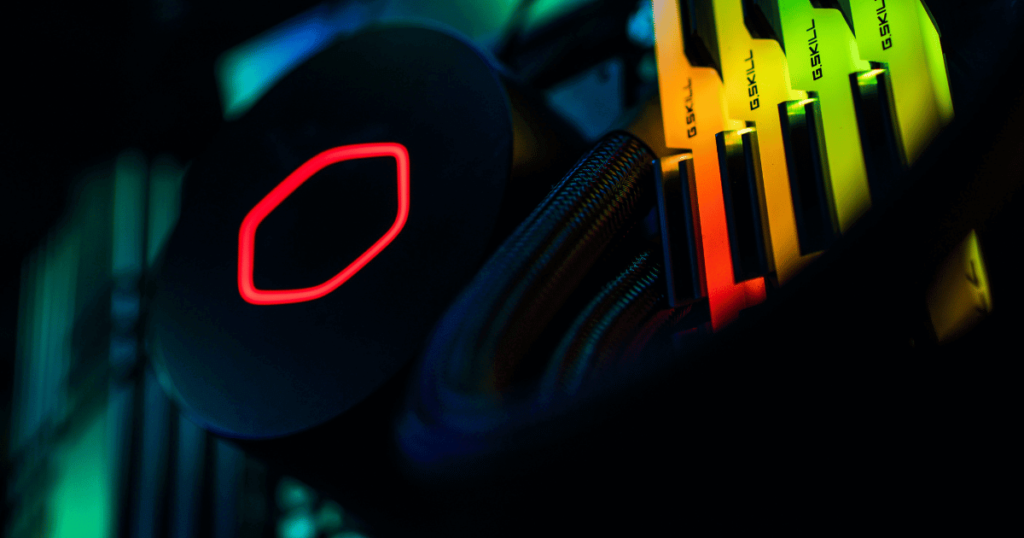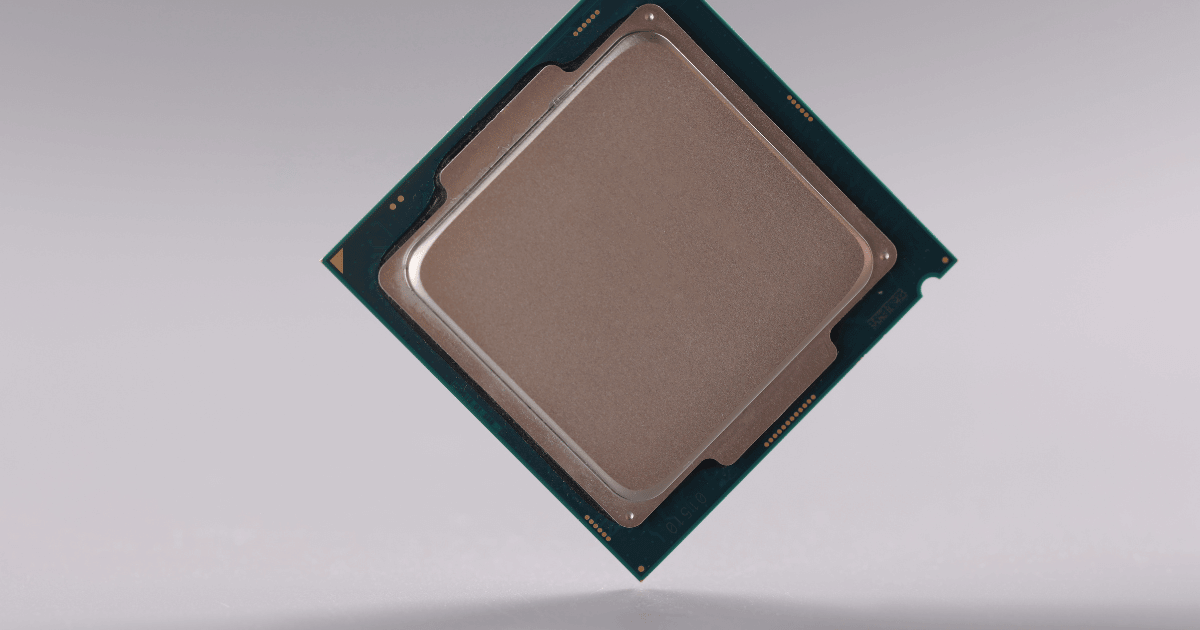When shopping for a new CPU, it’s easy to get caught up in the marketing hype and focus on clock speed as the singular metric of performance. But in reality, there’s much more at play when it comes to CPU performance.
This article will help lift the veil on the various internal components and external influences that impact a CPU’s performance, going beyond the tunnel vision on clock speed and core count alone. Let’s dive in
Internal CPU factors
Clock Speed

Let’s start with one of the most popular factors, clock speed. Clock speed measures the operational speed of a CPU, indicating how many instructions it can execute per second. This speed is quantified in hertz (Hz), with 1 gigahertz (GHz) equaling 1 billion cycles per second.
A higher clock speed enhances the CPU’s ability to process data and execute applications. Yet, it’s important to note that clock speed isn’t the sole determinant of a CPU’s performance. Other elements, such as core count, IPC, and other factors that we will get into also influence its overall efficiency.
Additionally, as clock speed increases, so do power and heat, which can reduce the CPU’s stability and performance. This is why manufacturers look for other ways to optimize their CPUs’ speed in addition to clock speed.
Related: How to Check Your CPU Frequency
Core Count
Another factor that influences CPU performance is core count, which measures how many independent processing units a processor has. Each core can run instructions simultaneously, which means more cores can handle more tasks at the same time. For instance, a quad-core CPU can manage four processes at once
However, not all tasks benefit equally from increased core counts; some software may not effectively utilize many cores. Thus, while a higher core count can enhance performance, its impact varies depending on the task and software optimization.
Instructions Per Cycle (IPC)

Instruction Per Cycle, or IPC, is a way to measure how well a CPU performs its tasks. Think of it like reading a book. If one person can read and understand five pages in an hour and another person can read ten, the second person is more efficient. Similarly, a CPU with a higher IPC can handle more operations or “read more pages” in each cycle of its operation.
For example, let’s say we have two CPUs. CPU A operates at a speed of 2 GHz (gigahertz), and CPU B also operates at 2 GHz. At first glance, they seem equal. However, if CPU A has an IPC of 4 and CPU B has an IPC of 6, CPU B can perform more tasks at the same speed because it can handle 6 operations per cycle compared to CPU A’s 4.
This IPC metric is crucial when looking at a CPU’s overall performance. It works hand-in-hand with the clock speed and the number of cores to determine how powerful and quick a CPU is.
However, please note that when companies claim they’ve improved the IPC in their latest CPUs, it’s essential to take these statements with a grain of salt. They’re often based on best-case scenarios, which might not reflect everyday performance.
P.S.: Remember, IPC isn’t a static number you can easily find for each CPU, as it’s determined by specific tests and benchmarks. Since IPC can vary across different workloads, it’s crucial to look at benchmark results for a realistic sense of a CPU’s performance in various scenarios.
Cache Size
Next, we have cache size—another important factor that affects the CPU’s performance. Think of cache as a small, speedy memory space right inside the CPU. It stores the information the CPU is likely to need next, acting like a quick reference guide for the processor.
Cache is divided into three main levels: L1, L2, and L3. L1 is the smallest and fastest, sitting closest to the CPU cores, making it the first stop for the most immediate data needs. L2 is a bit larger and slightly slower, providing a second layer of quick access. L3, shared across all CPU cores, is the largest and slowest of the three but still much faster than going out to the main RAM.
This tiered approach ensures that the CPU can get to the most frequently used data without any delay. The larger the cache, the more data it can store for quick retrieval, enhancing the CPU’s efficiency and speed.
External CPU factors
Temperature

So far, we’ve covered factors that affect CPU performance that are beyond your control. Now, let’s talk about temperature, something you actually have control over.
Ever seen posts on Facebook or Reddit where people brag about how cool their CPU runs? There’s a good reason for that. High temperatures force a CPU to slow itself down, a process known as performance throttling, to avoid overheating and potential damage.
This is why having good airflow and a powerful CPU cooler is a must. Maintaining a low CPU temperature allows it to run at its maximum potential while also increasing its longevity. It’s a straightforward way to boost performance and protect your investment.
Memory Speed
It might sound a bit weird, but memory speed does indeed affect CPU performance. This is especially true for Ryzen CPUs.
However, it’s important to strike a balance. While faster memory can boost performance, there’s a diminishing return on your investment after a certain point. This means that after reaching a certain speed, spending more on even faster memory yields smaller improvements.
Software Optimization

Finally, let’s touch on software optimization, our last factor that affects CPU performance.
You might have seen this in gaming benchmarks, with AMD excelling in certain tests, Intel in others, or both showing similar performance levels. It all boils down to how well the game/software is tuned to take advantage of a specific CPU’s architecture.
That’s why in the IPC section we asked you to take the manufacturer’s claims with a grain of salt. The performance boosts they advertise typically occur under conditions where the software is highly optimized for their CPUs.
Conclusion
We hope this article has helped answer your questions about what affects CPU performance so you can choose the perfect CPU for your future build. If you still have curiosities or need further clarification, feel free to drop a comment below. We’re here to help and eager to hear from you!
We're an affiliate
We hope you love the products we recommend! Just so you know, gameraround.com is a participant in the Amazon Services LLC Associates Program, an affiliate advertising program designed to provide a means for sites to earn advertising fees by linking to Amazon.com.

